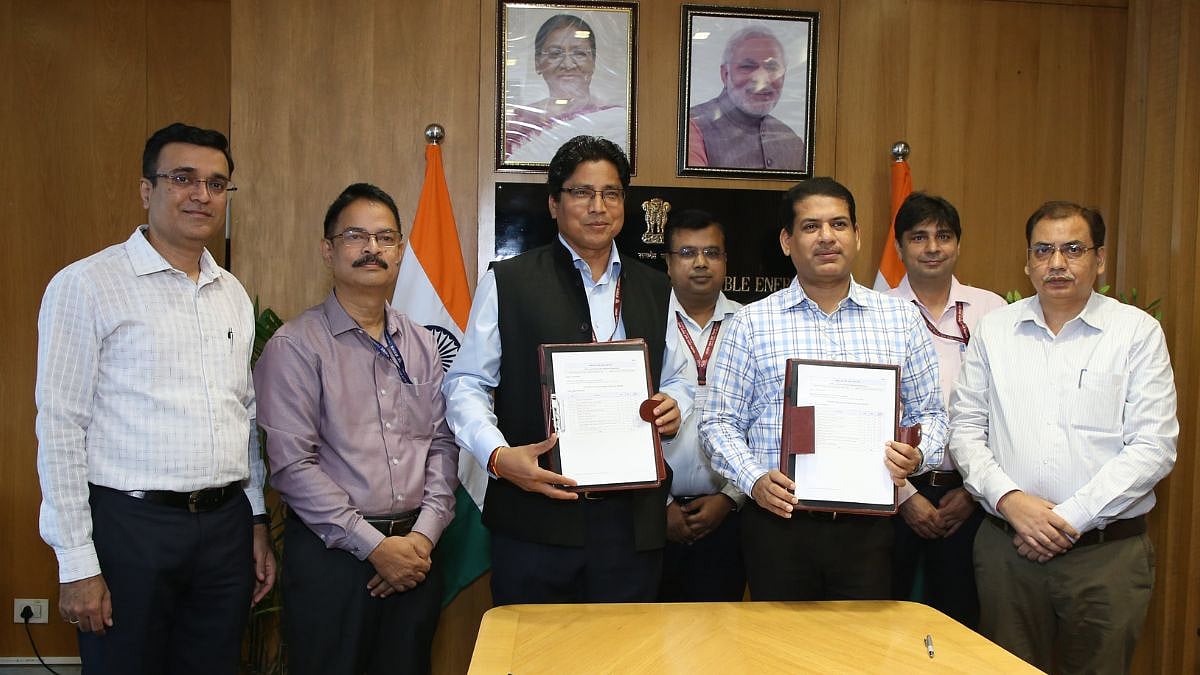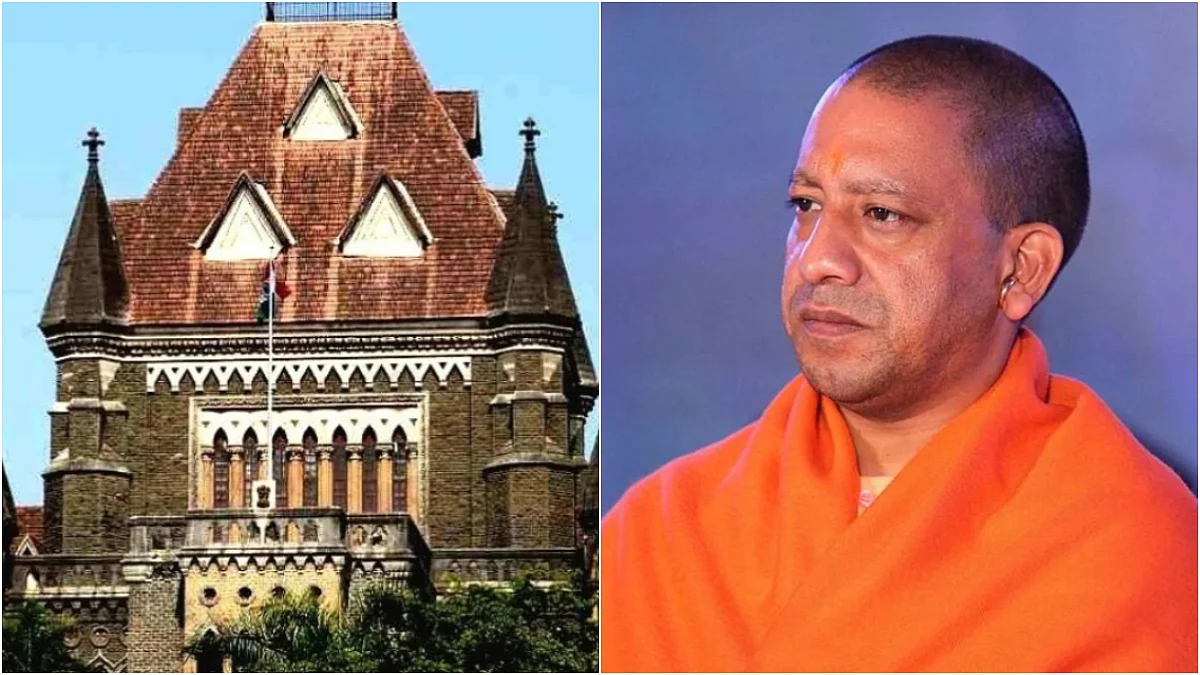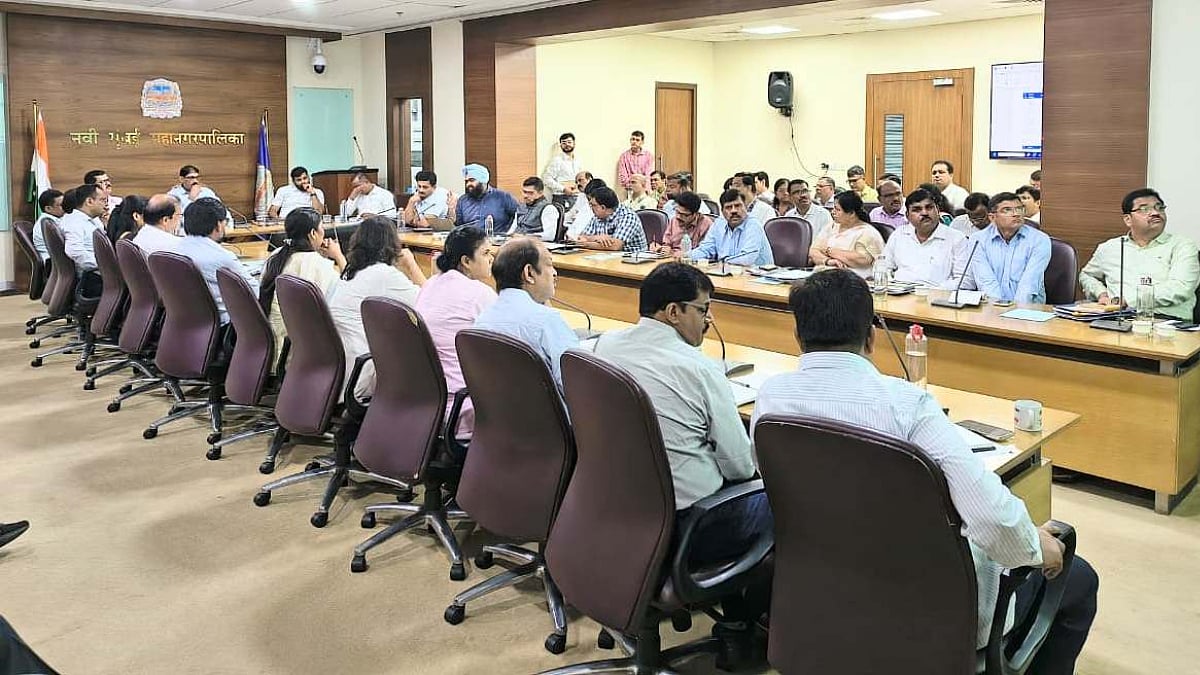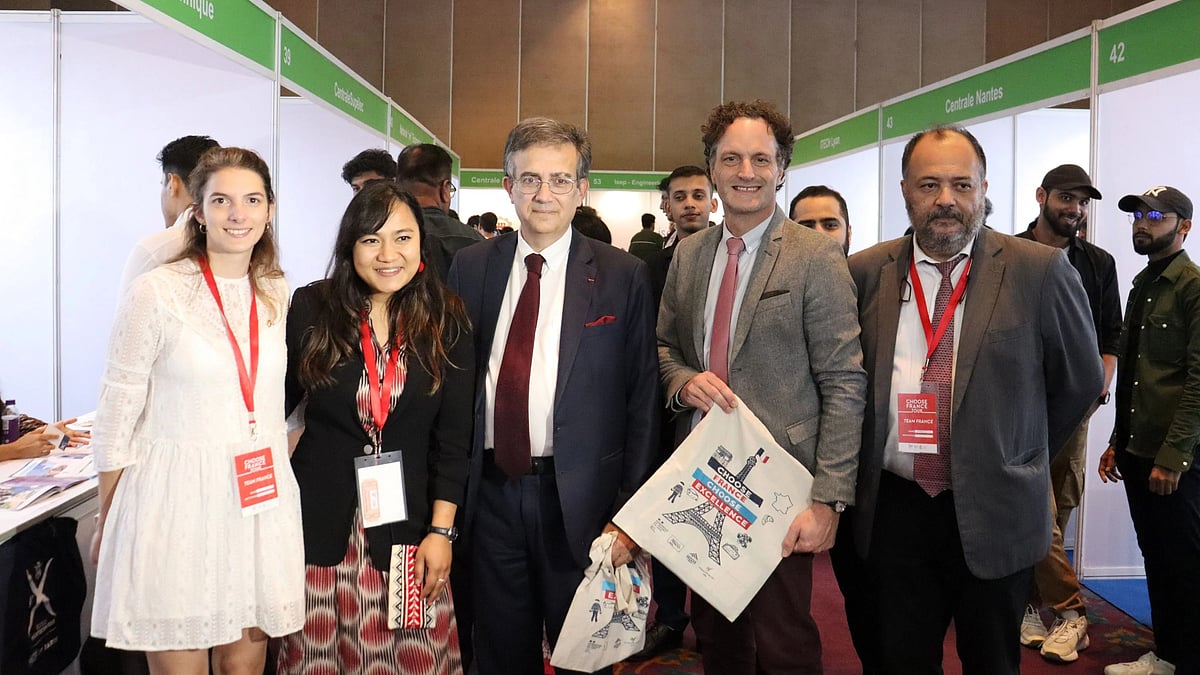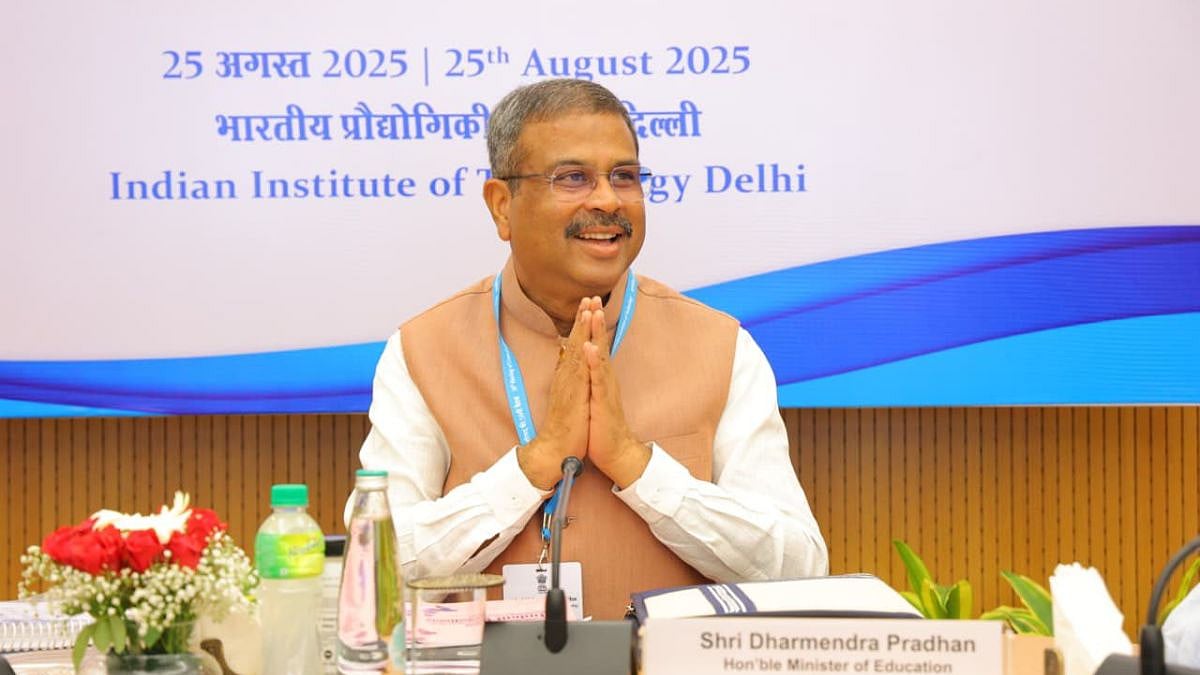The Delhi High Court has quashed a Central Information Commission (CIC) directive that required the Central Board of Secondary Education (CBSE) to disclose details of former Union Minister Smriti Irani’s Class 10 and 12 examination records. Justice Sachin Datta, delivering the verdict, held that the CIC's approach was "thoroughly misconceived" and inconsistent with settled law.
The CIC had earlier instructed CBSE to allow inspection of Irani’s admit cards and mark sheets for the years 1991 and 1993. However, the High Court ruled that such academic records constitute personal information, and their disclosure is protected under Section 8(1)(j) of the Right to Information (RTI) Act.
Justice Datta emphasised that the Supreme Court’s ruling in Central Public Information Officer, Supreme Court of India v. Subhash Chandra Agarwal clearly established that personal academic records, even of individuals holding public office, do not automatically fall under the category of public information.
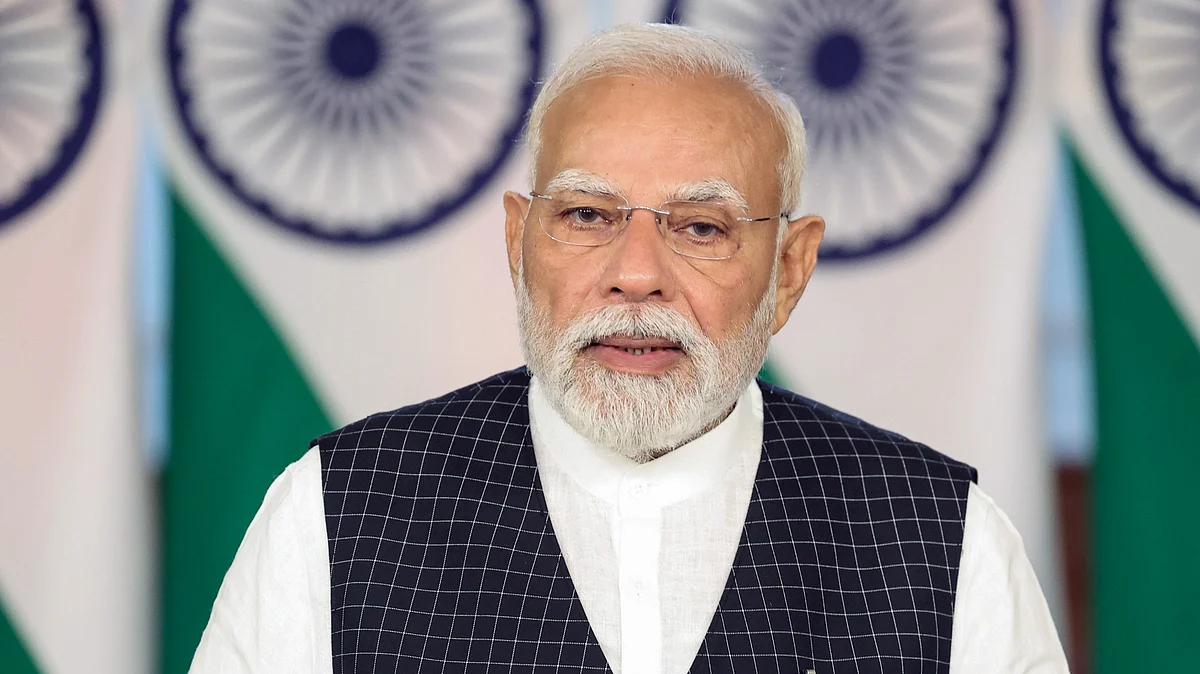
“Disregarding the mandate of Section 8(1)(j) in such context would inexorably lead to demands for personal information concerning officials / functionaries spanning the entire gamut of public services, without any real public interest” being involved. The RTI Act was enacted to promote transparency in government functioning and not to provide fodder for sensationalism,” the Court said, as per the Live and Law report.
The Court further noted that merely occupying a public post does not strip an individual of the right to personal privacy.
Highlighting concerns over misuse of the RTI mechanism, the Court warned against opening the "floodgates" to indiscriminate requests driven by "idle curiosity or sensationalism" rather than genuine public interest.

